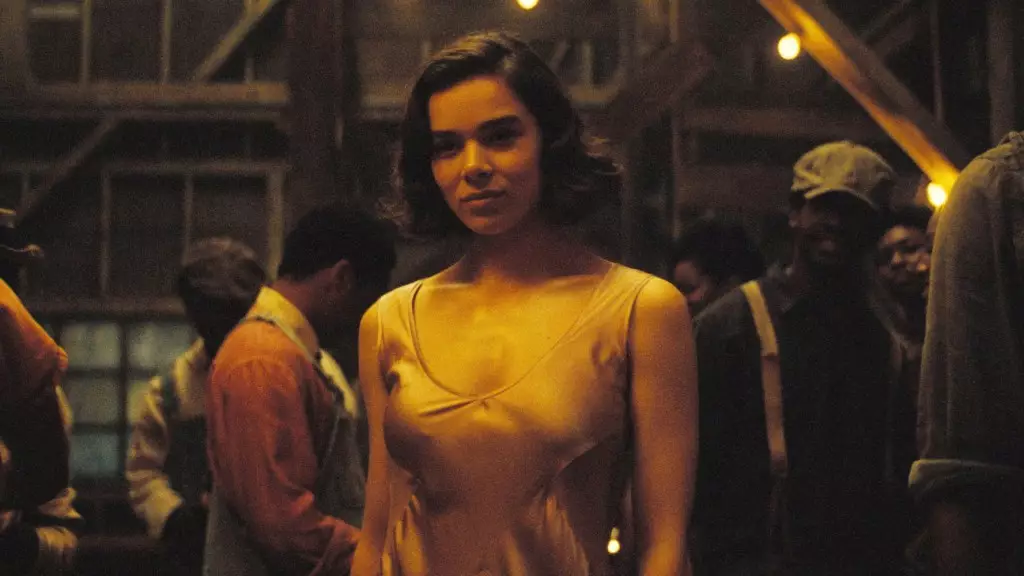Hailee Steinfeld’s latest role could very well be a watershed moment not just for her career, but for how we perceive racial and cultural identity in the arts. In *Sinners*, she embodies Mary, a multi-racial vampire navigating the complexities of race against a backdrop of 1930s Mississippi. This isn’t just a role for Steinfeld; it’s a deeply personal voyage that speaks to the heart of what it means to be part of a diverse lineage in a society often staggered by its own ignorance and prejudice.
Through her portrayal, Steinfeld offers an unapologetically nuanced interpretation of identity. As she celebrates her own heritage—part Black and part Filipino—she invites audiences to confront the often-elusive nature of belonging. The relatability of Mary, entangled in a narrative that merges horror with racial discourse, highlights that our perceptions of character are often intertwined with our lived experiences. This marriage of personal identity and art raises profound questions about how stories are told and who gets to tell them.
Director Ryan Coogler’s Personal Resonance
Ryan Coogler, known for his exceptional storytelling capabilities, crafts *Sinners* from a deeply personal canvas. The film springs from a place of authentic sorrow and reflection following the loss of his Uncle James, creating a crux around which layered narratives revolve. Coogler’s background informs not just the visual and thematic essence of the film but also reinforces the significance of legacy and memory in shaping one’s identity.
By invoking the haunting presence of blues music, he conjures a visceral connection to his past while exploring the broader implications of grief, memory, and culture within the African American experience. This is not merely a setting; it’s an invitation to engage with the rich tapestry of Southern heritage that simultaneously celebrates and critiques systemic injustices. How can we allow music, especially the blues, to serve as a healing mechanism while remaining cognizant of its painful roots? Coogler challenges us to seek answers through the lens of art.
Artistic Responsibility and Viewer Expectation
The immense responsibility that comes with portraying characters who sit at the intersection of multiple cultural narratives is not lost on Steinfeld or Coogler. Their collaborative endeavor presents an earnest lesson in artistic intent intertwined with emotional honesty. The rawness with which Steinfeld engages her character fosters an expectation in the viewer to reflect on their own biases and understandings of identity.
What makes this film resonate is its earnestness. Steinfeld’s connection to her own family history underscores the need for perspectives that reflect a wide array of truths. This is where *Sinners* becomes revolutionary; it doesn’t merely echo Hollywood’s prevailing narratives dominated by singular identities, but instead embraces the complexities that lie within multi-racial phenomenons.
When we challenge the normalized narratives that often gloss over the intricacies of identity, we create spaces for rich discussions around race, belonging, and representation. The emotional weight that *Sinners* carries should compel audiences not just to watch, but to introspect, making it not just a film but a call to action in the ongoing journey toward understanding and empathy in a divided society.


Leave a Reply